Written by Shelli-Kae Foster, YES! Program Director
YES! students from Discovery Woods Montessori School in Brainerd toured the Crow Wing County Landfill and Recycling Center on March 4th. Doug Morris, County Recycling Coordinator began our tour by stating, “throwing something in the garbage is just the beginning of the journey.” Then he went on to explain that from the garbage bin waste is hauled to the landfill, dumped into a lined “cell” where it sits and decomposes (or not, if it is plastic). Each cell creates leachate (contaminated water) which is drained into holding ponds, treated and finally sprayed onto fields. The center has filled up 4, 1-acre landfill “cells” and plans to start filling up the 5th this year. Each cell starts out at 80 feet high, then shrinks as waste decomposes.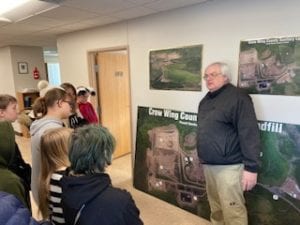
Originally, the center was a dump where most of the garbage brought in was burned and if it wasn’t being brought in, individuals were burning it at home. In 1975, air pollution was getting to be a health issue, so the federal government banned the burning of garbage and counties started landfills. As Doug said, “we got rid of the air problem, but now we have a water pollution problem.” In 1985, the federal government issued a law that all landfill cells must have protective liners to reduce water contamination.
The county also collects and organizes various items for recycling such as electronics. Doug told us that once electronics went from analog to digital there was a surge in electronics that came to the recycling center. Now things have slowed down, but they still get a lot of electronics that they try to find a place to take them to in order to use the parts. Plastics is a big part of their recycling program, but it constantly changes and much of what is brought to the center is contaminated. For example, a plastic pop bottle has 3 different types of plastic on it. This makes things complicated for properly recycling it and finding a use for the plastic.
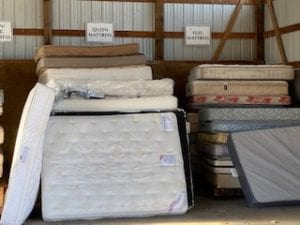
The center collects many household items including mattresses. Doug said, “we have the 4-foot rule, if you can’t get within 4 feet of the mattress due to its’ smell, we burn it.” Otherwise it is shipped to Duluth where a company cleans and reuses it for stuffing material.
After the tour, we returned to Discovery Woods Montessori School to make a plastic free lunch. Students brought items from home in reusable containers to make their own individual pizzas. This was a big hit!
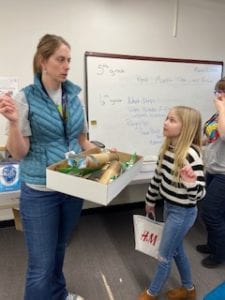 At the end of the day, YES! coach Heidi Auel collected a small amount of garbage that was created in making their lunch and asked, “How can we do better?” The students explored ways to reduce it even more. Then Heidi challenged the students to have a zero-waste dinner at home with their families.
At the end of the day, YES! coach Heidi Auel collected a small amount of garbage that was created in making their lunch and asked, “How can we do better?” The students explored ways to reduce it even more. Then Heidi challenged the students to have a zero-waste dinner at home with their families.
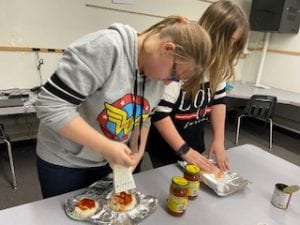
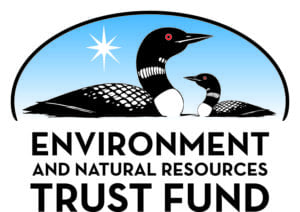
Major funding for the YES! program was provided by the Minnesota Environment and Natural Resources Trust Fund as recommended by the Legislative-Citizen Commission on Minnesota Resources (LCCMR).